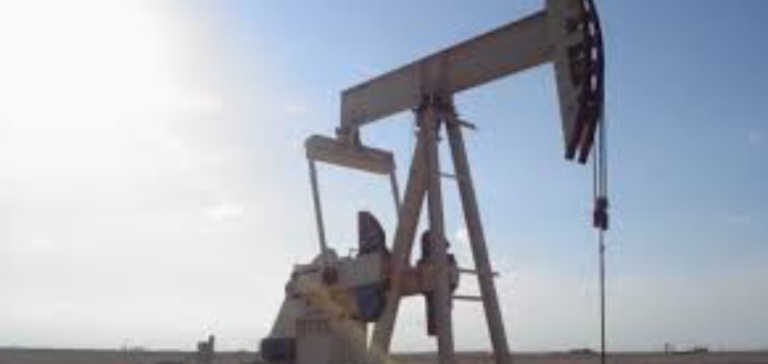Oil prices fell slightly on Friday, with Brent North Sea crude for January delivery losing 0.37% to $86.53, while West Texas Intermediate (WTI) for December delivery was down 0.27% to $82.24 around 10.15 GMT (11.15 am in Paris). This decline is due to profit-taking by energy investors at the end of the week, who seem to be reacting to uncertainties linked to the conflict between Israel and Hamas in the Middle East.
Uncertainties in the Middle East
Stephen Innes, analyst at SPI AM, explains that investors are fearful of possible developments in the Middle East over the weekend, which is prompting them to take profits. DNB analysts believe that the oil market is currently assessing the risk of the conflict between Hamas and Israel spreading beyond Gaza, with a potential impact on the region’s oil supply. However, they note that the balance between oil supply and demand should be little affected by this conflict, which could lead to an erosion of the geopolitical risk premium.
Drone attack in Yemen
The Houthi rebels in Yemen also announced that they had launched a drone attack against Israel in response to Israel’s war against the Palestinian Hamas. Although these events are a cause for concern, analysts believe that they do not appear to be sufficiently triggering to cause the conflict to spread on a large scale.
Mirabaud analyst John Plassard points out that the recent decision by the US Federal Reserve (Fed) to keep rates unchanged and the fall in US Treasury yields have provided support for risk assets, including oil.
Oil prices continue to react to geopolitical developments in the Middle East, in particular the conflict between Israel and Hamas. Although concerns remain, the impact on oil supplies seems limited for the time being. Investors remain vigilant to developments in the region.






















